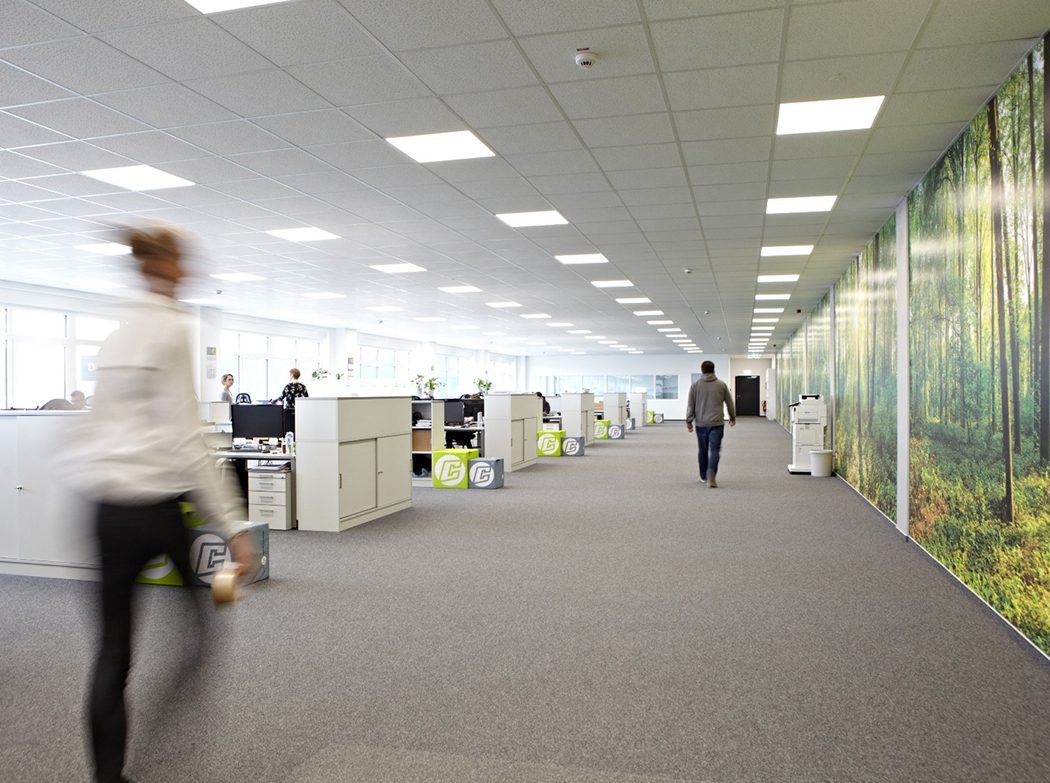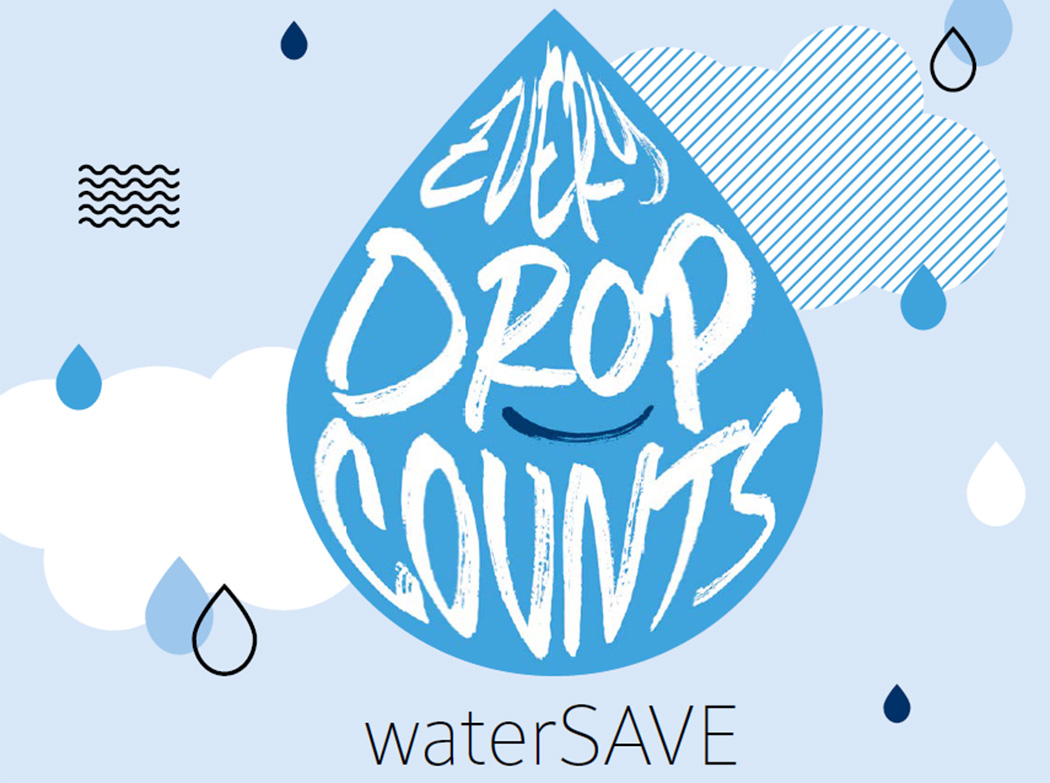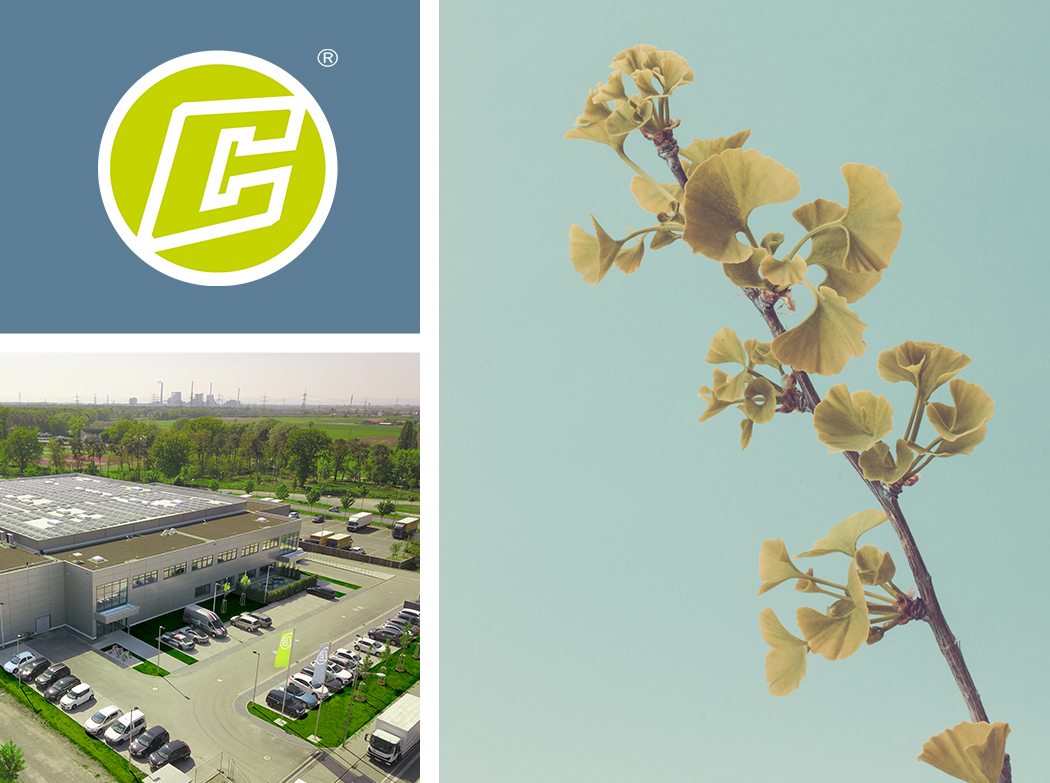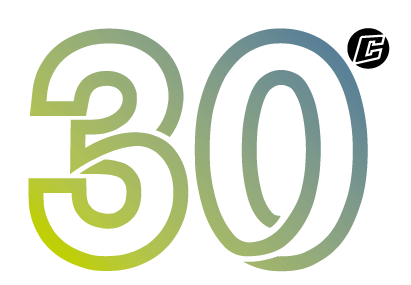Ensure availability and sustainable management of water and sanitation for all
 “Clean drinking water is a precious commodity and for many people it is not a given, but difficult to reach. 663 million people worldwide have no clean drinking water, about half of whom live in sub-Saharan Africa. The situation is even worse when it comes to basic sanitation: 2.4 billion people - about one third of the world's population - do not have the possibility to use a toilet or latrine.”
“Clean drinking water is a precious commodity and for many people it is not a given, but difficult to reach. 663 million people worldwide have no clean drinking water, about half of whom live in sub-Saharan Africa. The situation is even worse when it comes to basic sanitation: 2.4 billion people - about one third of the world's population - do not have the possibility to use a toilet or latrine.”
World Vision, German aid organization
What should be achieved?
- By 2030, achieve universal and equitable access to safe and affordable drinking water for all.
- By 2030, achieve access to adequate and equitable sanitation and hygiene for all and end open defecation, paying special attention to the needs of women and girls and those in vulnerable situations.
- By 2030, improve water quality by reducing pollution, eliminating dumping and minimizing release of hazardous chemicals and materials, halving the proportion of untreated wastewater and substantially increasing recycling and safe reuse globally.
- By 2030, substantially increase water-use efficiency across all sectors and ensure sustainable withdrawals and supply of freshwater to address water scarcity and substantially reduce the number of people suffering from water scarcity.
- By 2030, implement integrated water resources management at all levels, including through transboundary cooperation as appropriate.
- By 2020, protect and restore water-related ecosystems, including mountains, forests, wetlands, rivers, aquifers and lakes.
How should the goal be achieved?
- By 2030, expand international cooperation and capacity-building support to developing countries in water- and sanitation-related activities and programmes, including water harvesting, desalination, water efficiency, wastewater treatment, recycling and reuse technologies.
- Support and strengthen the participation of local communities in improving water and sanitation management.
| What we do: |
||
 |
 |
 |
| Ecological and social responsibility | waterSAVE |
Responsibility at the headquarter |
 |
 |
 |
 |
 |
 |
 |
 |
 |
 |
 |
 |
 |
 |
 |
 |
 |




